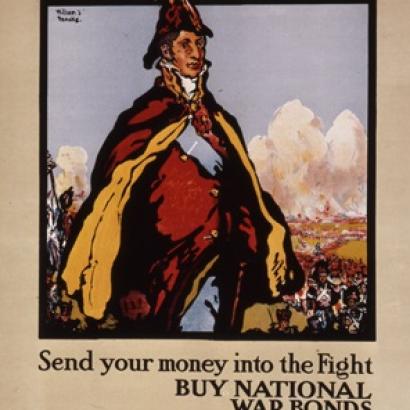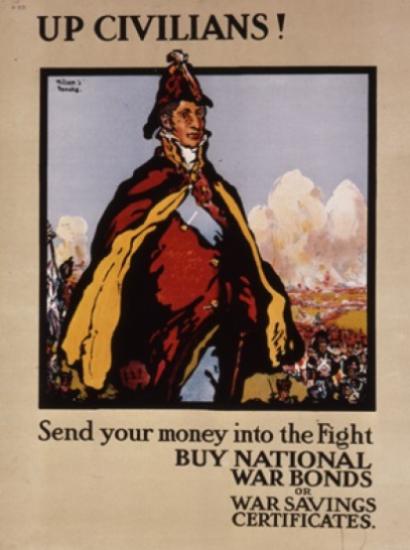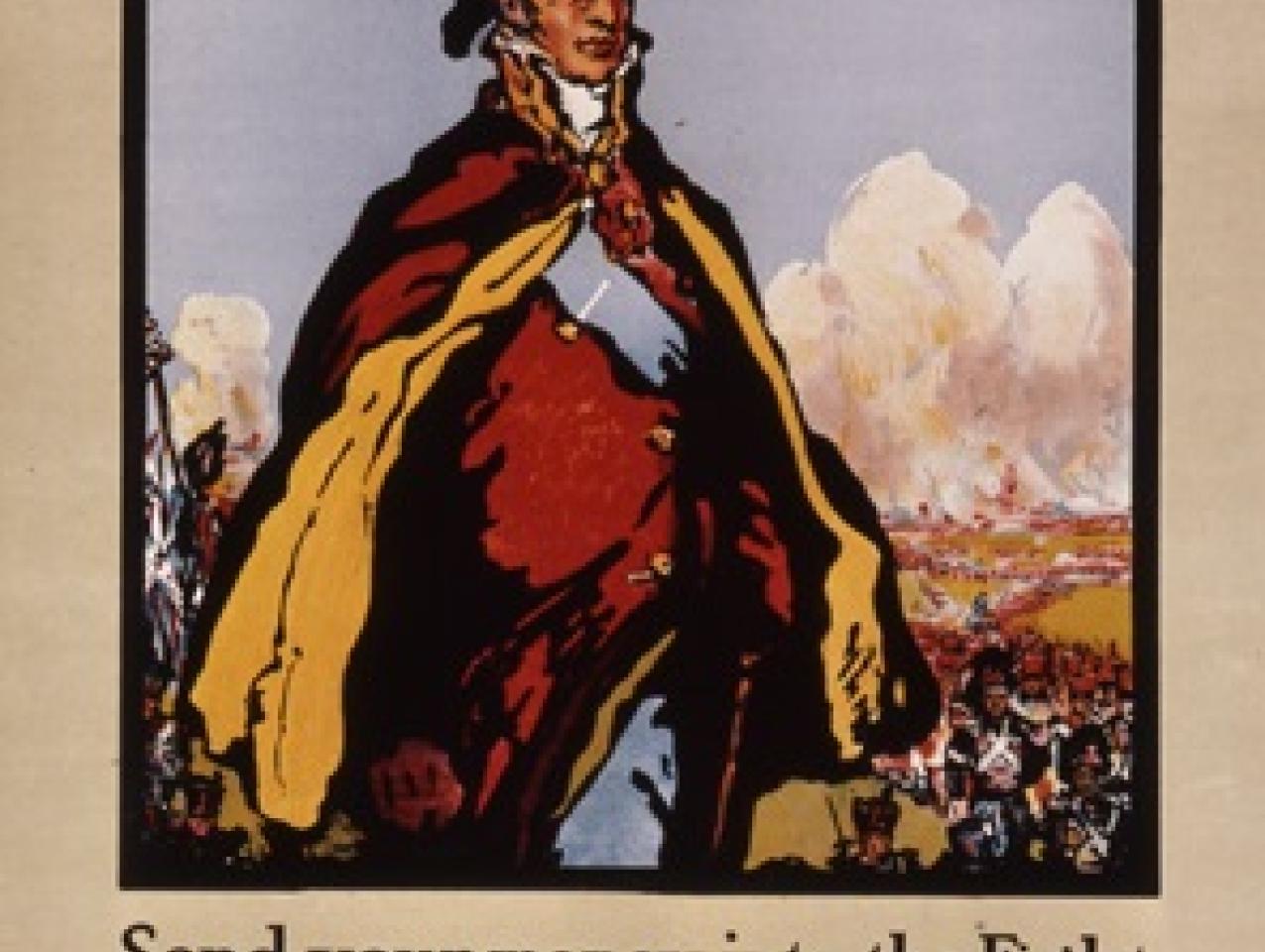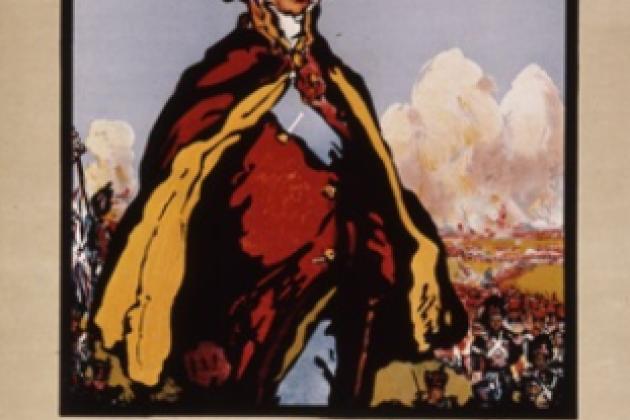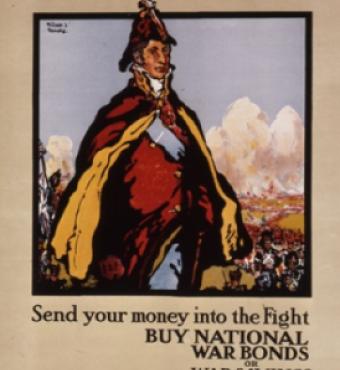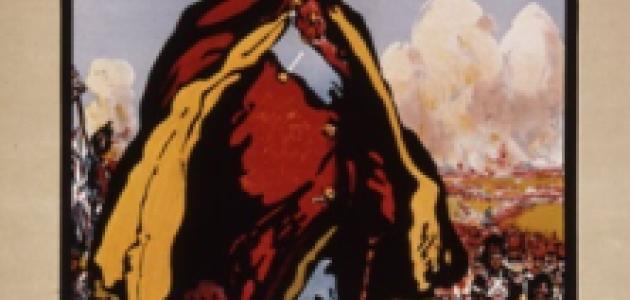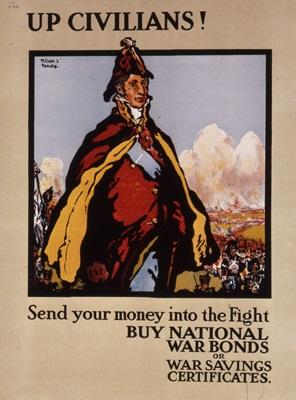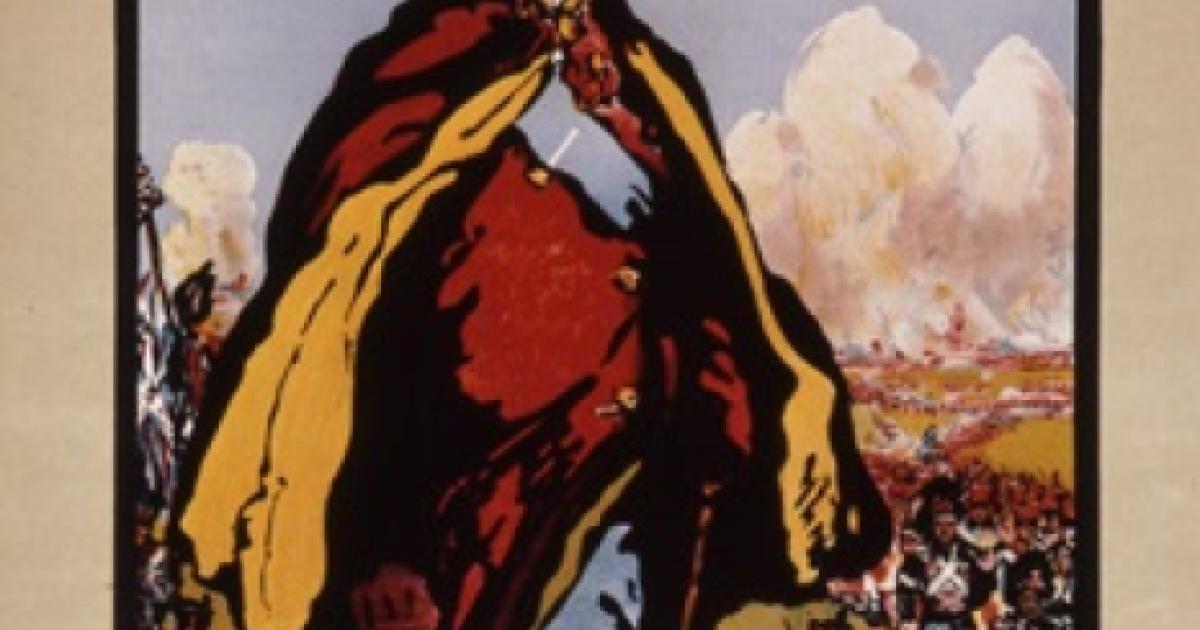- History
- Military
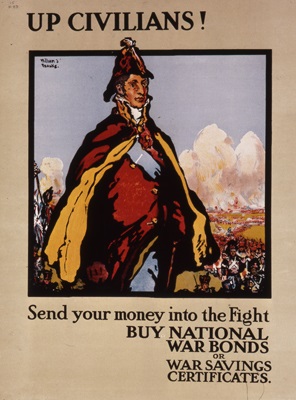
The bicentenary of the battle of Waterloo—perhaps the most significant battle in European history—is already being celebrated, despite the crescendo not coming until the anniversary itself, Thursday, June 18th. The sheer number of events taking place connected to the commemorations is astonishing, and not just in the victorious countries. They will be noisy, joyous, educational, and on occasion moving, as Europe celebrates the end of a 23-year war that led to the deaths of six million people. Yet underlying them is an unspoken, deeper, highly political—indeed geopolitical—message that will resonate long after the last firework has fallen to earth.
There has been an avalanche of new books on the battle of Waterloo and the Napoleonic wars in general, whose authors have been feted at full houses at dozens of literary festivals. The British Museum, National Portrait Gallery, National Army Museum, Somerset House, and several other places in London have put on superb exhibitions, as well as the Hermitage Museum in Amsterdam and the Musée Carnavalet and Les Invalides in Paris. Some 8,000 re-enactors will be converging on the Belgian battlefield itself in their uniforms on the anniversary, watched by around 80,000 spectators. That same day, a service at St. Paul’s Cathedral will be attended by over 3,000 people in London. The Waterloo 200 Committee is coordinating events across Europe, and its website is being hit by thousands of people wanting to discover if they had an ancestor who fought in the battle.
Waterloo was, as Victor Hugo memorably put it, “the hinge on the door of the 19th century.” The fighting took place in Europe, Russia, Egypt, Israel, the West Indies, and across the world’s oceans, but Napoleon’s final defeat at Waterloo inaugurated an era of Anglo-French friendship that eventually turned into the Entente Cordiale in 1904. The European peace that followed Waterloo lasted for 39 years until the outbreak of the Crimean War against Russia, almost as long as the 46 years between the end of the Second World War and the outbreak of the genocide that followed the break-up of Yugoslavia in the early 1990s.
The sotto voce subtext of these continent-wide celebrations—a “New Waterloo Dispatch” is even being taken to Berlin on horseback—is that a coalition of European powers can defeat a militarily-powerful rogue demagogue if it stands resolutely together and commits itself to the long haul. President Vladimir Putin: take note.







